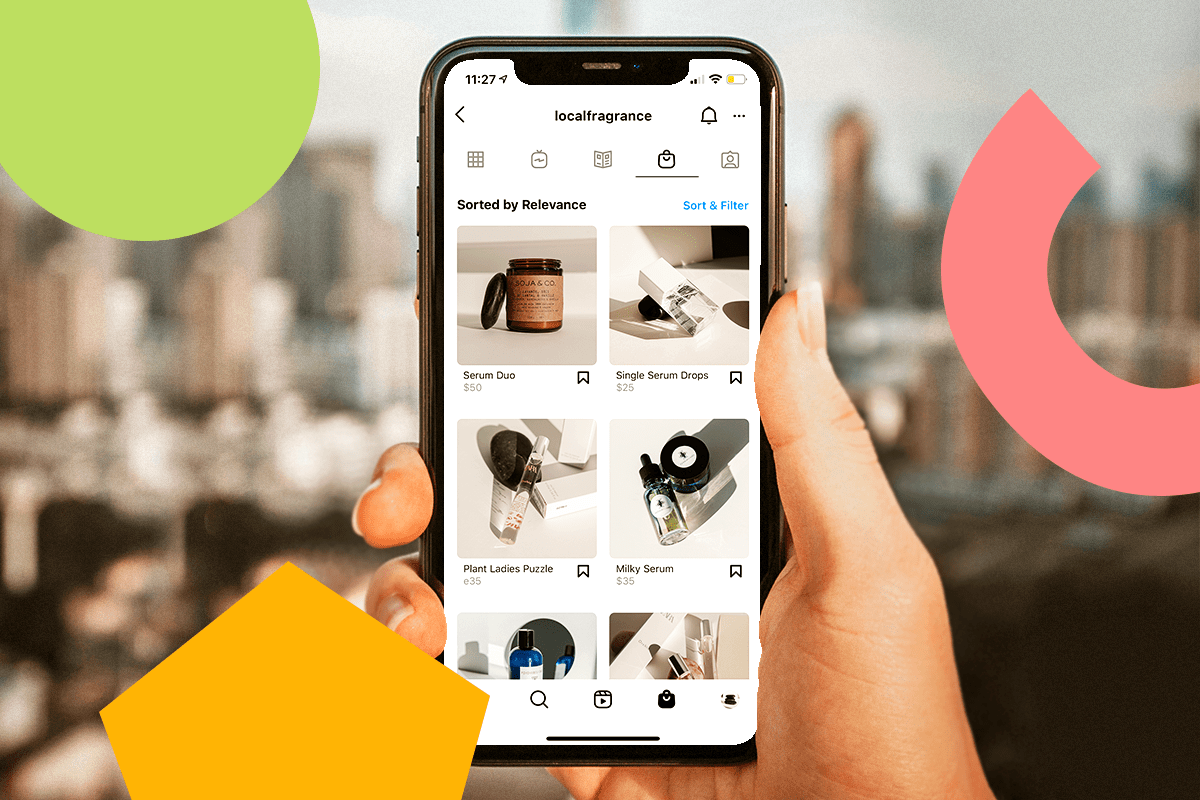Businesses are increasingly transforming various surfaces into shoppable ad networks, indicating a growing trend in the retail media network space. Even non-traditional retailers like Chase Bank and United Airlines are entering the ad network market, aiming to compete with giants like Amazon, Walmart, and Target.
This shift signifies a broader movement towards integrating ads into all possible platforms, expanding beyond conventional retail environments.
This evolution is driven by strategic partnerships and acquisitions, such as Instacart collaborating with YouTube to make ads shoppable for CPG brands, and Walmart acquiring Vizio to enhance its streaming ad capabilities.
By the end of the year, U.S. advertisers are projected to spend $54.48 billion on retail media, reflecting the sector’s rapid growth and increasing importance.

The concept of retail media is rooted in the older practice of shopper marketing, which involved physical store advertisements like shelf-level signage and in-store promotions.
The advent of the internet and platforms like Amazon transitioned this practice to a digital realm, offering endless virtual shelf space and diverse ad inventory. Amazon pioneered this shift, expanding its ad offerings beyond sponsored search to include video and a sophisticated demand-side platform.
As Amazon’s ad business flourished, other retailers like Walmart and Instacart followed suit, establishing their own retail media networks. The proliferation of these networks is partly driven by the value of first-party data, especially as third-party cookies become obsolete.
Currently, there are over 200 retail media networks, including new entrants from various sectors like finance and travel, exemplified by Chase Media Solutions and United Airlines’ Kinective Media.
Retailers such as Saks, Wawa, and T-Mobile have also launched their media networks, leveraging their rich first-party data for ad targeting. This trend is propelled by the significant revenue potential, with retail media expected to account for a substantial portion of U.S. ad spending.
The integration of shopper and brand marketing budgets is becoming more common as retailers enhance their ad offerings to attract brand marketing dollars.
Companies like The Home Depot and Albertsons are adapting to this shift by focusing on brand marketing budgets rather than solely trade or shopper marketing dollars.
This holistic approach to measuring marketing efforts is gaining traction, with retailers expanding their ad capabilities to include brand awareness channels like CTV and social media. However, the effectiveness of retail media as a brand marketing channel remains under scrutiny.
Retail media networks are evolving to become both brand awareness and performance channels, blending traditional brand marketing with transactional marketing strategies.
This dual focus is intended to drive both brand salience and immediate transactions, drawing ad dollars from various marketing budgets. Despite these advancements, the core definition of retail media remains unchanged: digital media sold by retailers.
Looking ahead, the future of retail media networks involves navigating the crowded market and determining the most effective ad investments. Advertisers face the challenge of selecting the right networks amidst a vast array of options.
Some companies, like Georgia-Pacific, have streamlined their retail media spending to focus on the most impactful networks. Retail media is transitioning from purely direct response channels to comprehensive brand-building opportunities, offering diverse ad formats across multiple platforms.